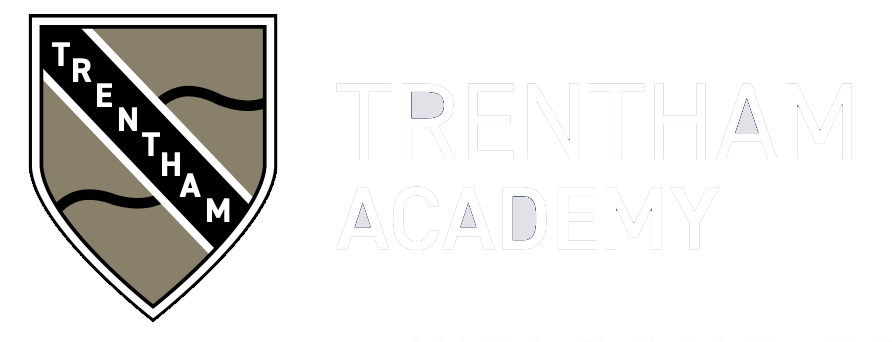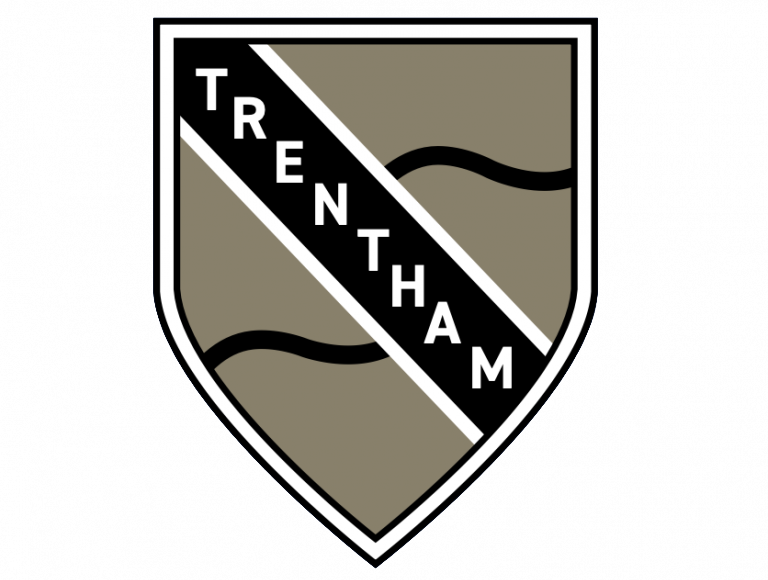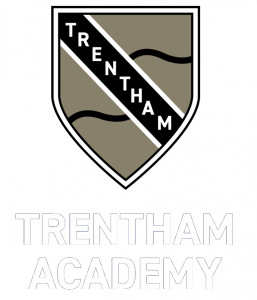Engineering design is a process used to identify market opportunities and solve problems which contribute to the development of new products and systems. This qualification is aimed at learners who wish to study the processes involved in designing new engineered products and the requirements of a design specification. Through research and practical activities, learners will understand how market requirements and opportunities inform client briefs and will use practical skills such as drawing, computer modelling and model making to communicate design ideas.
All students in years 7-8 will study aspects of engineering through their product design lessons. At KS4, students will complete three pieces of coursework and one final exam. Each worth 25% of their total grade. The coursework units cover a range of engineering topics that provide students with a broad range of opportunities and experiences to prepare themselves for a career in engineering and design.
Breakdown of the four units
R105: Design briefs, design specifications and user requirements.
Students will develop an understanding of the design cycle and the relationship between design briefs and specifications, looking into how new products are developed and how wider influences effect the overall design of new designs.
R106: Product analysis and research.
Understanding of how commercial production methods, quality and legislation impact on the design of products and components, through research and analysis of existing products through disassembly and re-design to develop designs and products through practical activities in the workshop.
R107: Developing and presenting engineering designs.
Students generate design proposals using a range of techniques, including, freehand sketches – both in 2D and 3D incorporating a use of rendering, engineering drawings, exploded views, assembly drawings and orthographic projections. Students develop their skills through computer aided design to generate drawings and design to test and communicate design proposals. These are key skills to allow future engineers and designers to present and explain their ideas easily and effectively.
R108: 3D design realisation.
Students undergo the planning and making of a prototype. Students select appropriate materials for their prototypes and through the use tools and equipment in the workshop, they develop a series of models that represent designs. These are tested and evaluated with engineering techniques to ensure that they are suitable designs.
Engineering Department
Miss H Morrey – Subject Leader for Art and Design
Miss B Peake – Lead Teacher for Engineering
Miss A Booton – Subject Teacher and Progress Leader for Year 9



